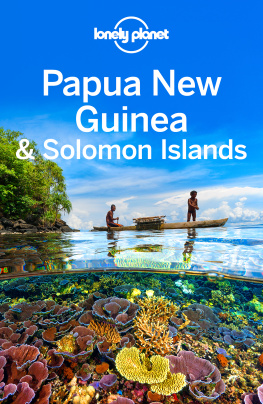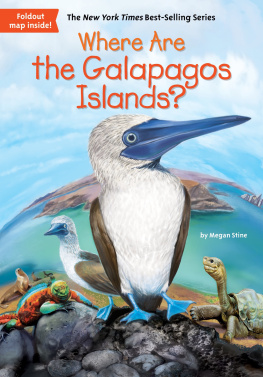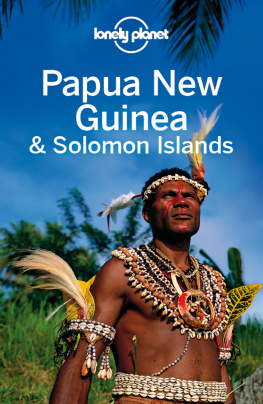SOLOMONI
Times and tales from Solomon Islands
Copyright 2011 Roger Webber
The moral right of the author has been asserted.
Apart from any fair dealing for the purposes of research or private study, or criticism or review, as permitted under the Copyright, Designs and Patents Act 1988, this publication may only be reproduced, stored or transmitted, in any form or by any means, with the prior permission in writing of the publishers, or in the case of reprographic reproduction in accordance with the terms of licences issued by the Copyright Licensing Agency. Enquiries concerning reproduction outside those terms should be sent to the publishers.
Matador
9 Priory Business Park,
Wistow Road, Kibworth Beauchamp,
Leicestershire. LE8 0RX
Tel: (+44) 116 279 2299
Fax: (+44) 116 279 2277
Email:
Web: www.troubador.co.uk/matador
ISBN 978 1848769 632
British Library Cataloguing in Publication Data.
A catalogue record for this book is available from the British Library.

Matador is an imprint of Troubador Publishing Ltd
To Bridget
(1944 - 1972)
Contents
List of illustrations
Maps:
Figures:
Acknowledgements
Working in the Solomon Islands was a unique opportunity that I will always treasure, one of the most interesting places in the world and some of the nicest people anywhere. They accepted me as one of them, taking me into their villages and treating me with the abundant hospitality that is so characteristic of these islands. It was during these times that I would hear stories of what the islands were like in the early days while much of what happened is of events that took place while I was with them. They were my guides and helpers, I learnt so much from them and I thank them all for their considerable contribution.
I will not single out any particular person, some of them are mentioned by name in the text, while others will know who they are, but however big or small their contribution, none of this could have taken place without them.
There has understandably been a considerable literature written about this fascinating part of the world, much of which I have listed under Source material and further reading. This has been an invaluable store of reference from which I have freely taken and I would like to thank the many authors of these works for their help.
I wish to thank Associated Press for the use of Figure 6.
Note on use of words
There was no written language in the islands until comparatively recent times, initiated by the missionaries who wanted to translate their religious books. Even so there is little conformity of spelling and attempts to spell words in a phonetically suitable way, such as Ngella, have generally not been followed and a shortened version, Gela, is more commonly used. Also r and l are often interchanged, such as Sinerango or Sinalanggu, so I have used r whenever this occurs.
A grammar and spelling is developing for Pidgin but no conformity has yet been reached so where I have found it useful to express a passage in Pidgin I have used a version which makes it more easily understood by the English speaker.
The islands are officially known as Solomon Islands, without the in front, but when they are described in a comparative way, such as discussing the people, then the is placed in front, or the alternative, the Solomons, is used. The Solomon Islands would therefore apply to the geographical group, which includes Bougainville and Buka in present day Papua New Guinea, whereas just Solomon Islands refers to the country on independence.
Introduction
The war had just finished and I had been told that my brother and I would travel out to be with my father. He was however a father I hardly knew for when the war started he signed up and I never saw him again. I was now six and my world extended to the small area of South London where we lived and Minehead in Somerset where we had spent the war years. Where were we going to and what was it going to be like, at that age I had no concept of this strange new land?
Even the journey out was a great adventure as we were herded into one vast cabin of a troop carrier, the only vessel available at that time in 1946. To young eyes everything was new and strange, seeing people with black skins as we berthed at Port Sudan, then to arrive at Mombassa with its Arab dhows and Portuguese fort, it was all an intriguing world. Here we transferred to a smaller ship, the Al Said, an old fashioned craft with tall funnel and cutaway stern, that would take the three of us to Zanzibar. My mother was relieved to see her husband again, she had never been abroad before, then having gone through the rigours of the war, to have to travel all the way to East Africa in charge of two troublesome brats.
Zanzibar was everything anyone could ever have asked for; we had a big house and endless garden, where monkeys would come down from the trees and if the opportunity arose scamper in through an open door and steal some bananas. I made a bow and arrow and pretended to hunt them and the other strange animals that I would imagine were there. Wild boar lived in the forest and leopards hunted the monkeys, adding excitement to my childhood world, but in reality there was little chance of them coming anywhere near our garden.
My father was the headmaster of the government secondary school, which had fought a constant a battle with termites to keep the buildings from falling down. The phase of reconstruction that was taking place after the war in Europe had overflowed to the colonies as well, but instead of constructing new buildings on the present site it was decided that the school should move down to the coast. So we left the house with the forested garden to move into an entirely new one right on the beach. It was like giving a child everything he could ever want.
Sadly it had to come to an end for despite the education system of which my father was a part there was no suitable school for us to go to in Zanzibar, it was considered that we would have an unfair advantage over the local children, so we were sent to boarding school in Nairobi. It was a traumatic experience, at the tender age of seven to leave family and that wonderful life in Zanzibar to be thrust into a primary school that was to not only cater for the likes of my brother and I, but the sons of up-country farmers who treated the African and everybody else with disdain, and re-settled Italian prisoners-of-war who brought their families from the slums of Naples to start a new life in East Africa. It was a tough upbringing, for the more you succeeded academically, the more you brought on the jealousy and bullying of these unpleasant types.
When the holidays came and we returned to our beautiful island it was like entering a fairyland once more. There was the sea and picnics, friends and parties, why did we have to go back to school again? The dichotomy continued for six years until a more sinister threat came to the school in Kenya. Talks of secret societies had been rumoured and then the murders started, the Mau Mau had come into existence.
Bars were put on the dormitory windows and we could no longer go out for walks or even cross the road to the playing fields. Africans who worked in the kitchens, did the cleaning or managed the school grounds could have taken the secret oath, so you did not know who might be a member of the organisation. Amongst schoolboys the stories were magnified, the fear increased and for my father it became the time of decision. He had been looking at secondary schools in England and this finally made up his mind.
Next page
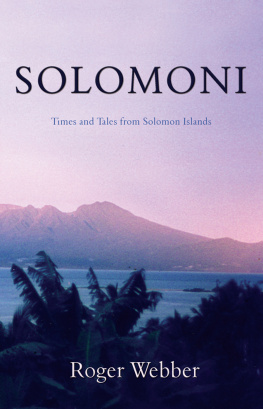
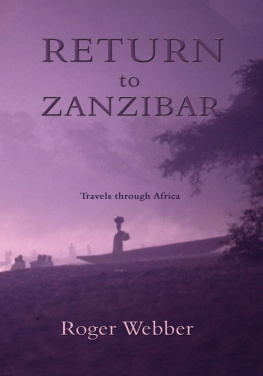
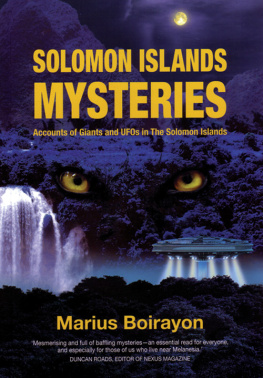
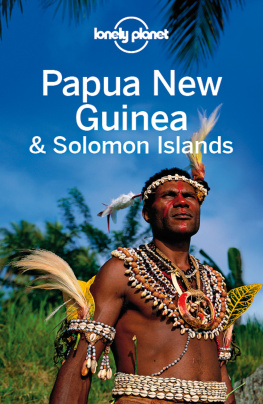

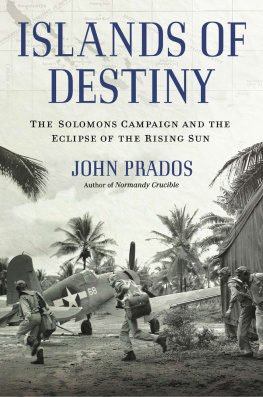
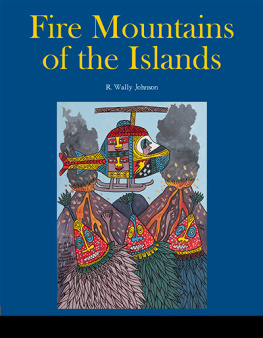
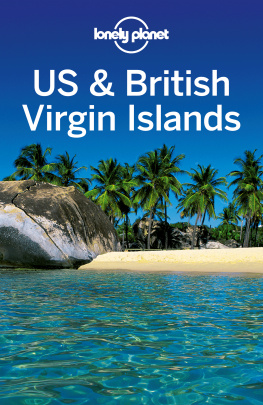
![Greek islands [2018]](/uploads/posts/book/209249/thumbs/greek-islands-2018.jpg)
